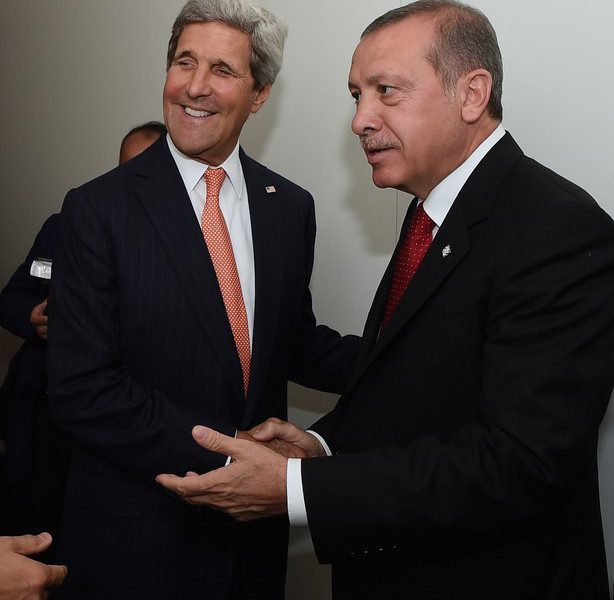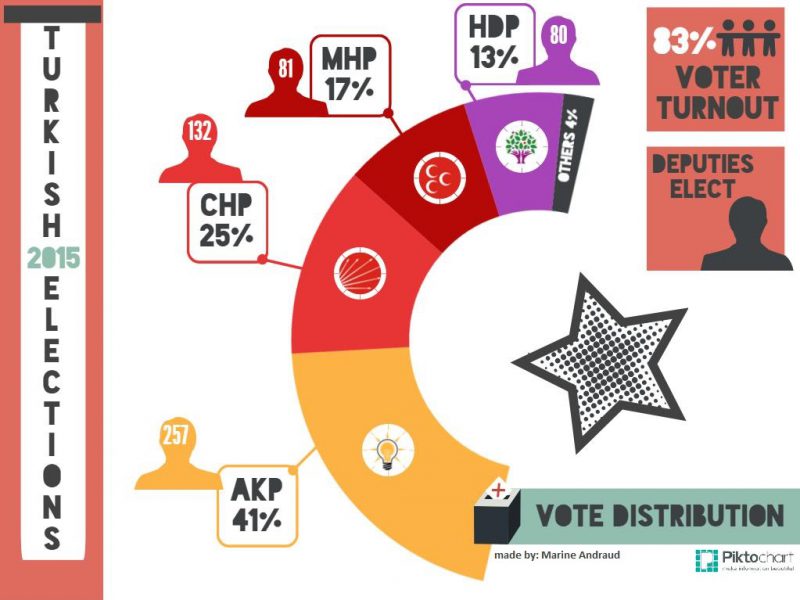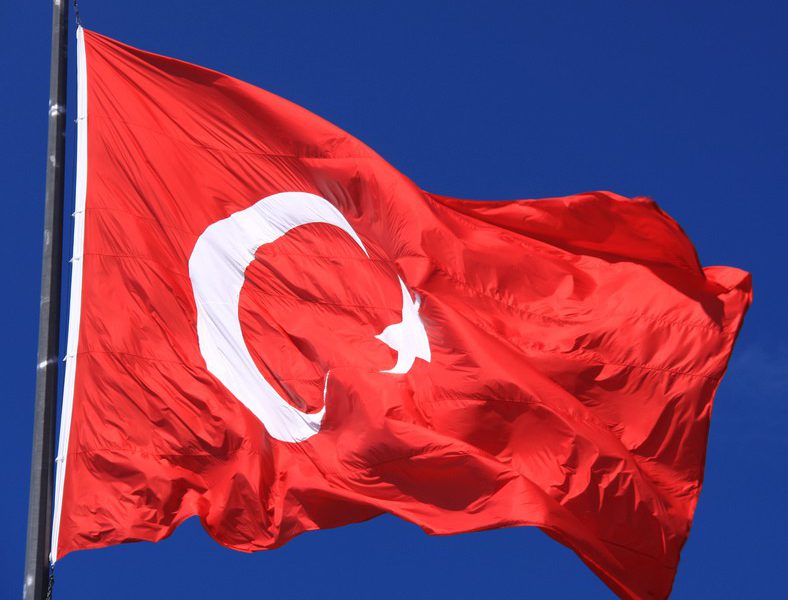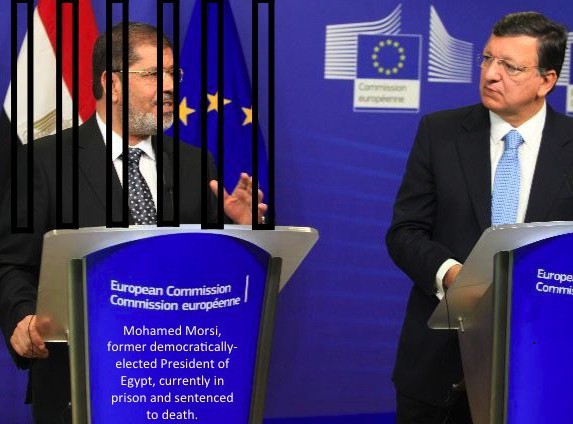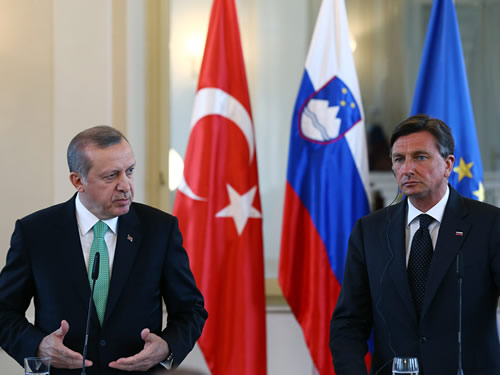In a statement posted on the EU’s External Action website late on Sunday, 17 May, Federica Mogherini, EU foreign policy chief, made it clear that the bloc stands firmly against the death penalty imposed on former Egyptian President Morsi and more than 100 of his supporters. In line with the EU’s policy on the death penalty, the standard response to all court rulings that deliver such a punishment says that it is cruel, inhumane and fails to act as a deterrent. On Saturday, 16 May, a court in Cairo ruled against the ex-president, sentencing him to death for his escape from prison in 2011, while being detained during protests that toppled his predecessor, Hosni Mubarak

